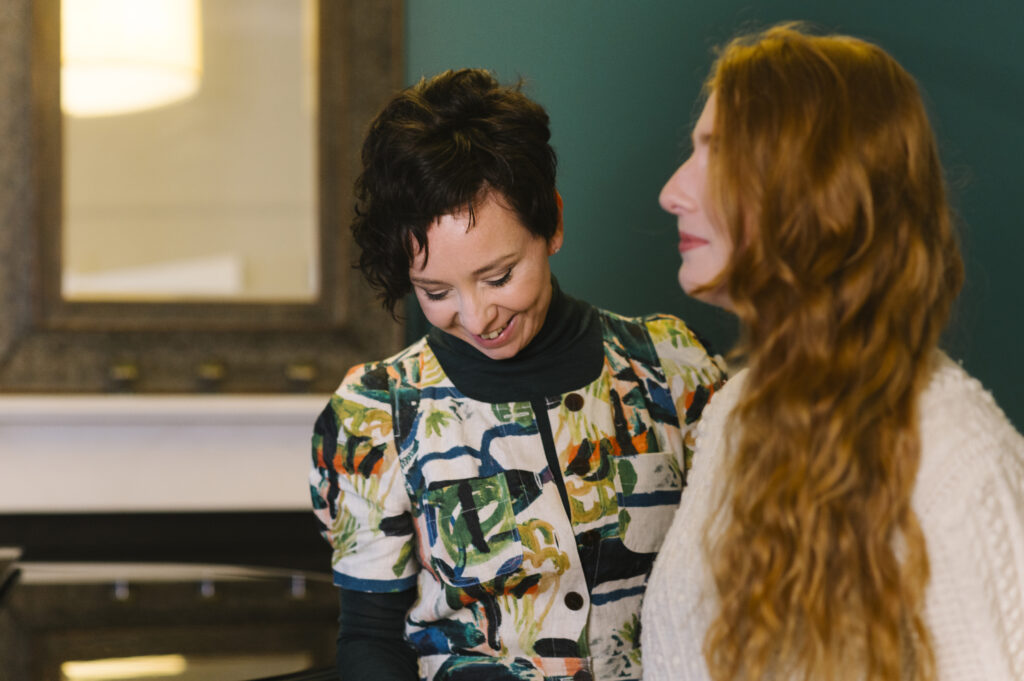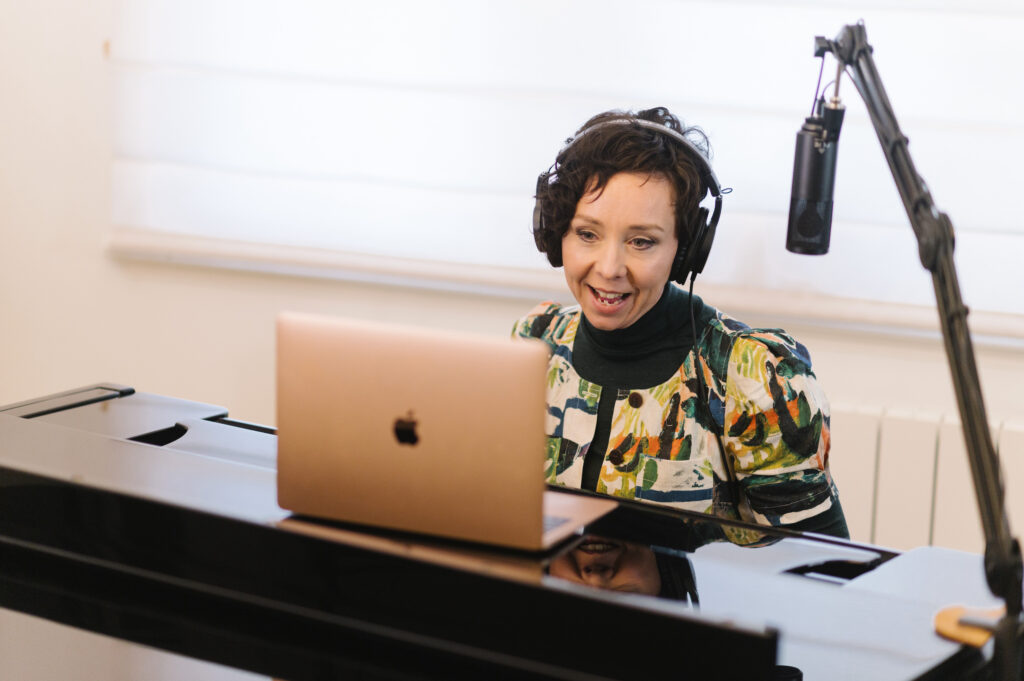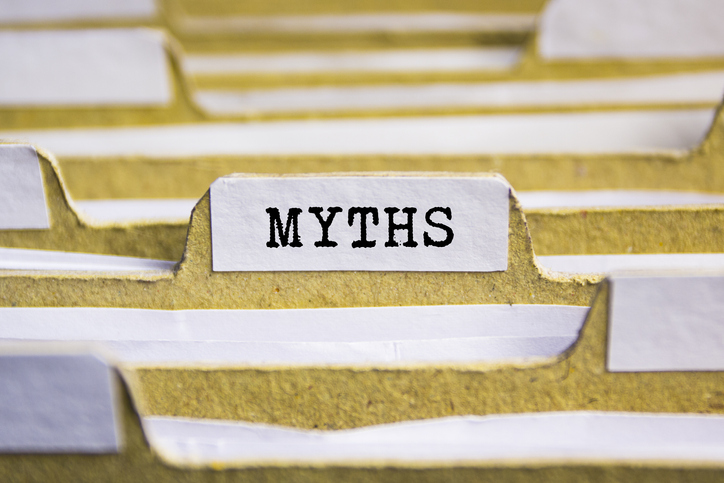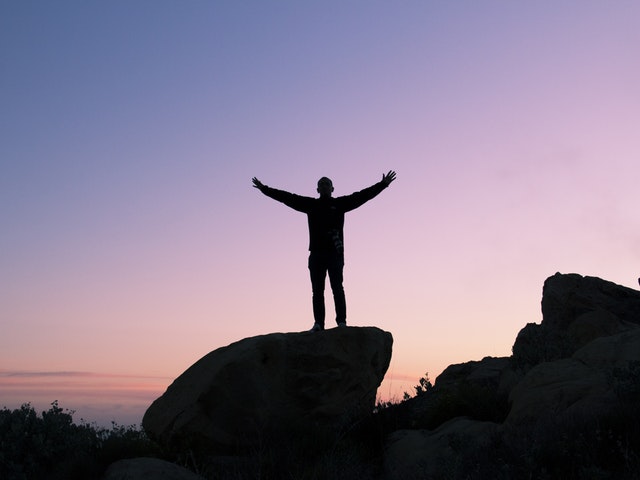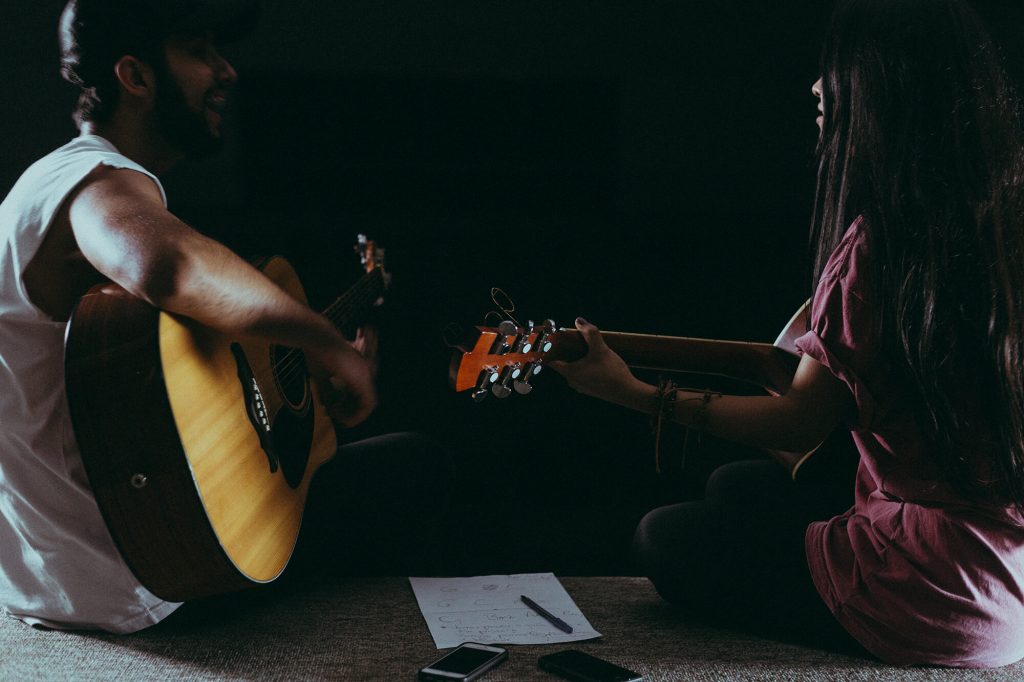I’m writing this post in response to a student request. Andee asked that I blogged on the “7 best ways to look after your voice”. For research purposes I Googled Andee’s question and for the most part the answers were all common sense stuff which everyone should do anyway (most importantly singers)! Hydrate, avoid excessive alcohol or caffeine (I admit I enjoy a little of both!), don’t clear your throat, don’t shout or whisper, exercise regularly, eat balanced foods and try to keep acidic foods to a minimum, and so on… Most of this reads like a healthy lifestyle to me.
To focus a little closer on how singers should take care of there voices, regular (and directed) vocal warm ups, quality focussed practise (not in the car on the way to a gig or lesson!), occasional check ups with an ENT, voice rest when needed (ie after excessive use or sickness), continued study with a trusted teacher, voice physio therapy including massage, physical work to improve posture and core strength like pilates. All of this should at least give you some grounding in voice care (and i think i just covered 7 ways to help your voice Andee!).
In pursuit of adding another dimension to Andee’s question Im heading down a more philosophical path. The blog title “Protect what is Special” is a response to something that Ive noticed over my years of teaching contemporary singers. Most who walk in for a first lesson have never had any training before, and have come to see me as a last resort to fix up some vocal problems or glitches they may have. Now, I totally get this – for many years I didn’t take lessons. In fact the only time i took my vocal health and training seriously was when I encountered problems. Why? Is it because there is an attitude that singing lessons are only for beginners? Or maybe for “serious” music like Opera or Music Theatre? Could it be pride or shame? Or worse still an attitude of Im good enough as I am? To be completely honest, in my own case it was all of the above and I will be the last person to judge anyone negatively for this.
If your singing voice is important to you, it must nurtured and protected to the best of your ability, whether its your profession or hobby you must VALUE it enough to invest time and effort into developing great health practices and voice training. Enlist the help of quality health practitioners, and a well connected singing teacher to be certain that you are covering your voice from a holistic perspective. No one teacher or health professional can have all the answers. Ultimately what we value most in our lives does have a cost – be it time, money or effort. As a contemporary vocalist you must respect yourself enough to understand that you are a vocal athlete and athletes must protect their talents and invest in them. If you take the time to train, study, and look after yourself physically you have a greater chance to optimise your talent and maintain longevity.
So, to summarise my advice to Andee (and you) – protect what is special!

